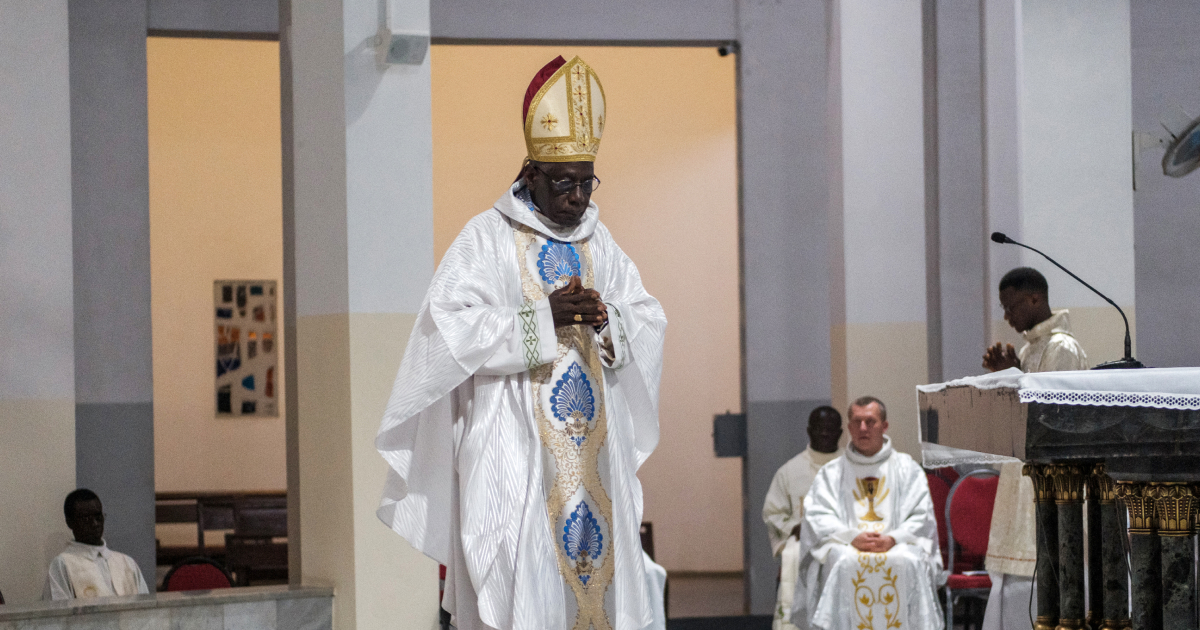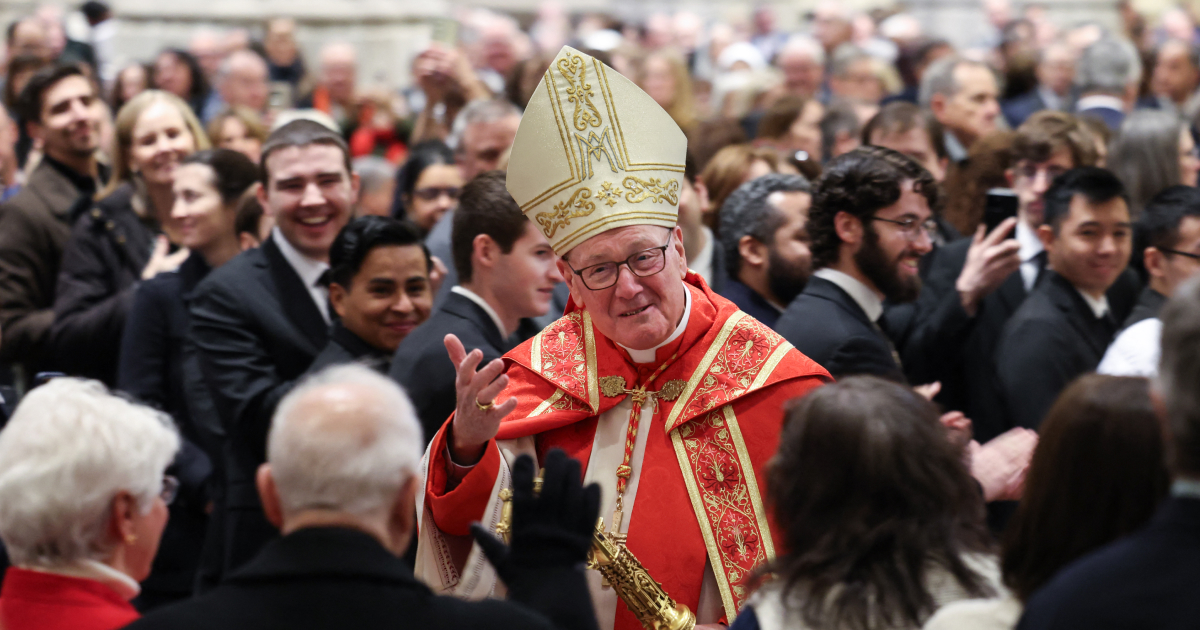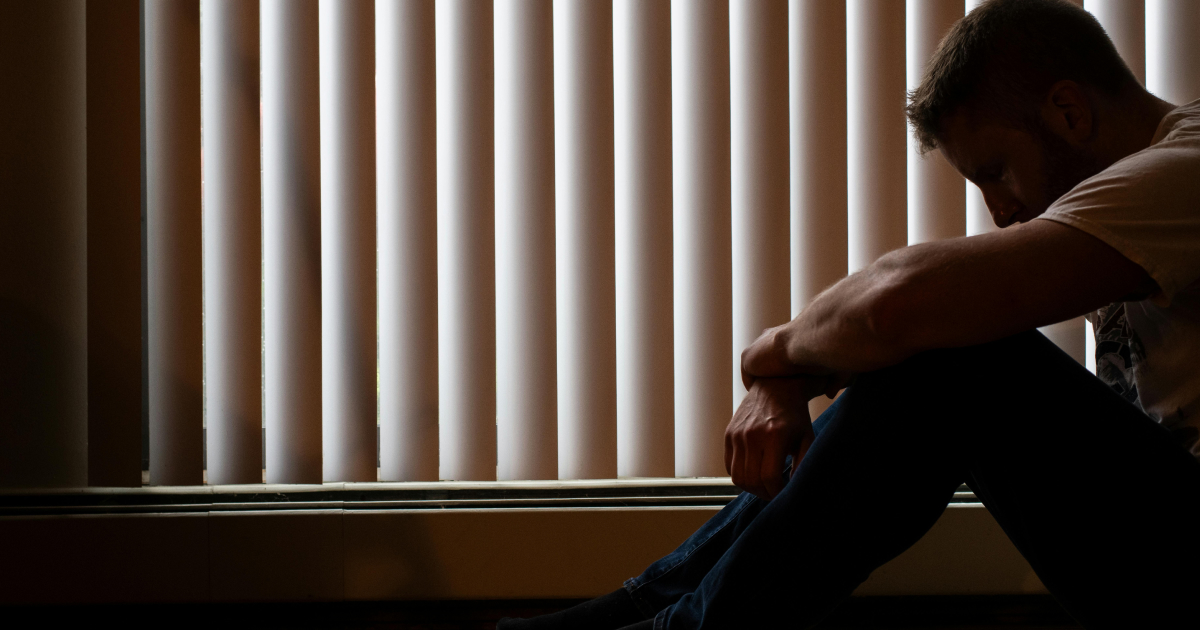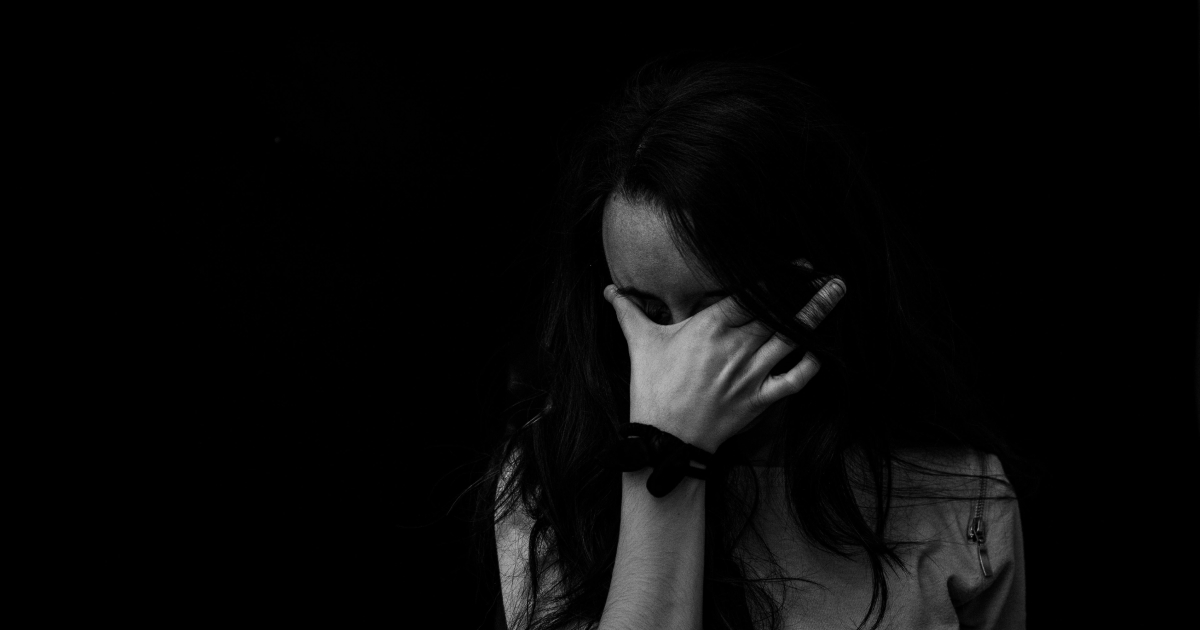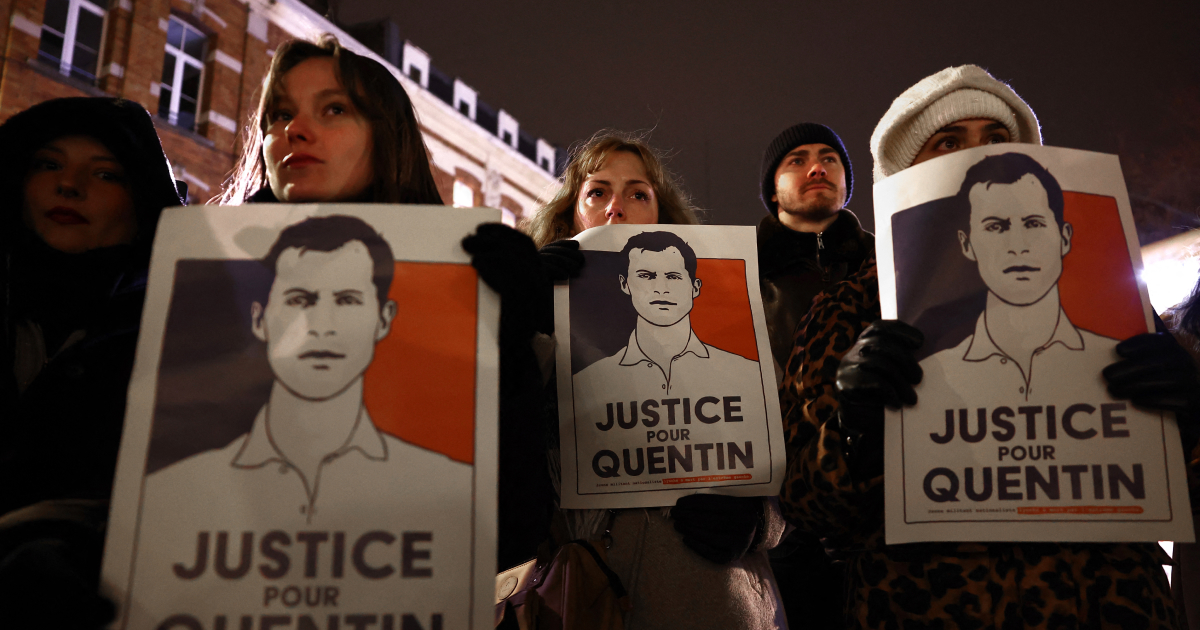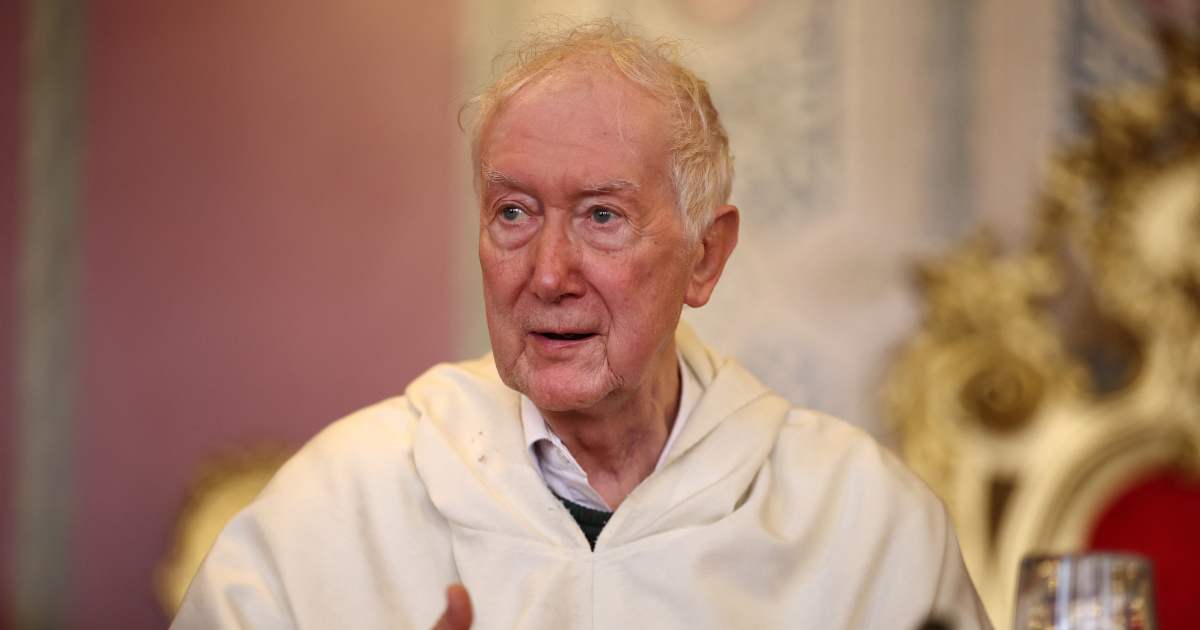Former Anglican priest and head of the Ordinariate of Our Lady of Walsingham, Bishop David Waller, has said that for many the newly published St Barnabas Society report reveals that the ordination of women was the “final proof” Anglican–Catholic unity was no longer being seriously pursued.
The report, authored by Stephen Bullivant, Fernanda Mee and Janet Mellor, records that around 700 former clergy and religious of the Church of England, Church in Wales and Scottish Episcopal Church, including 16 former Anglican bishops and two Continuing Anglican bishops, have entered into full communion with Rome since 1992.
It also notes that 491 former Anglican clergy have been ordained as Catholic deacons or priests, and that former Anglicans account for roughly a third of diocesan and Ordinariate priestly ordinations in England and Wales over three decades.
Speaking to the Catholic Herald, Bishop Waller said the report’s true value lies in its sensitivity to the lived experiences behind these figures. “What sets this report apart and makes it such a valuable document,” he said, “is that the writers clearly understand that, behind the statistics, are human beings… men who have left Anglican ordained ministry and entered into the full communion of the Catholic Church; each has a story to tell.”
He said that while the 1990s saw some converts receiving compensation from the Church of England, “none of those coming in the 21st century brought financial support with them,” leaving many dependent on the charity’s assistance.
He said the document shows how former clergy “gave up homes and incomes and guaranteed pensions to become Catholics,” and that the vast majority have “benefited in some way from the support of the St Barnabas Society.”
He highlighted the report’s account of two significant waves of conversions: those following the Church of England’s decision to ordain women, and the surge in 2010–11 after Pope Benedict XVI’s visit to Britain and the creation of the Ordinariate.
For many, he said, the ordination of women was the “final proof” that Anglican–Catholic unity was no longer being seriously pursued. “It no longer made sense to wait for the day when all would be in communion with Peter, and thus it became an imperative to seek that communion individually,” he said.
Others, he noted, remained within Anglicanism for a time in the hope of a corporate solution, and this found expression in Benedict XVI’s Apostolic Constitution Anglicanorum coetibus. Bishop Waller said it was published through the “keenness of some Anglicans to seek a corporate solution and the amazing generosity of Pope Benedict XVI.”
The Ordinariate, as he described it, is “much more than an alternative way of coming into full communion,” and Pope Benedict regarded it as “prophetic… the only model of realised ecumenism in the West.”
He also noted the heavy demands placed on clergy entering the Ordinariate in its early years. The speed of ordinations, which at times caused frustration among those training in dioceses, was not a sign of any lesser standard, he said, but a pastoral necessity so that priests could continue to minister to their people. “Those days were full of grace but also of significant sacrifice,” he recalled, with clergy “moving house,” supporting families, taking on parish or chaplaincy work, and engaging in ongoing formation.
Bishop Waller said the report rightly looks to the future. He confirmed that “several men” are already preparing to enter the Catholic Church, and that the Ordinariate must now turn its attention to long-term provision for its clergy.
“We do not have the assets dioceses have been able to accrue over the years,” he said, noting the need for funds for formation, sickness and retirement. While £1 million has been raised, “that will not go far” given that Ordinariate priests have been denied access to existing clergy common funds. “All will be well for God provides,” he added.
He said many potential vocations today have been shaped by priests who themselves converted in the 1990s and 2010s, producing what he called a “second generation” of clergy.
“I am not a prophet,” Bishop Waller said, “however, one can never doubt that the Lord who has blessed the past will most surely bless the future.”








